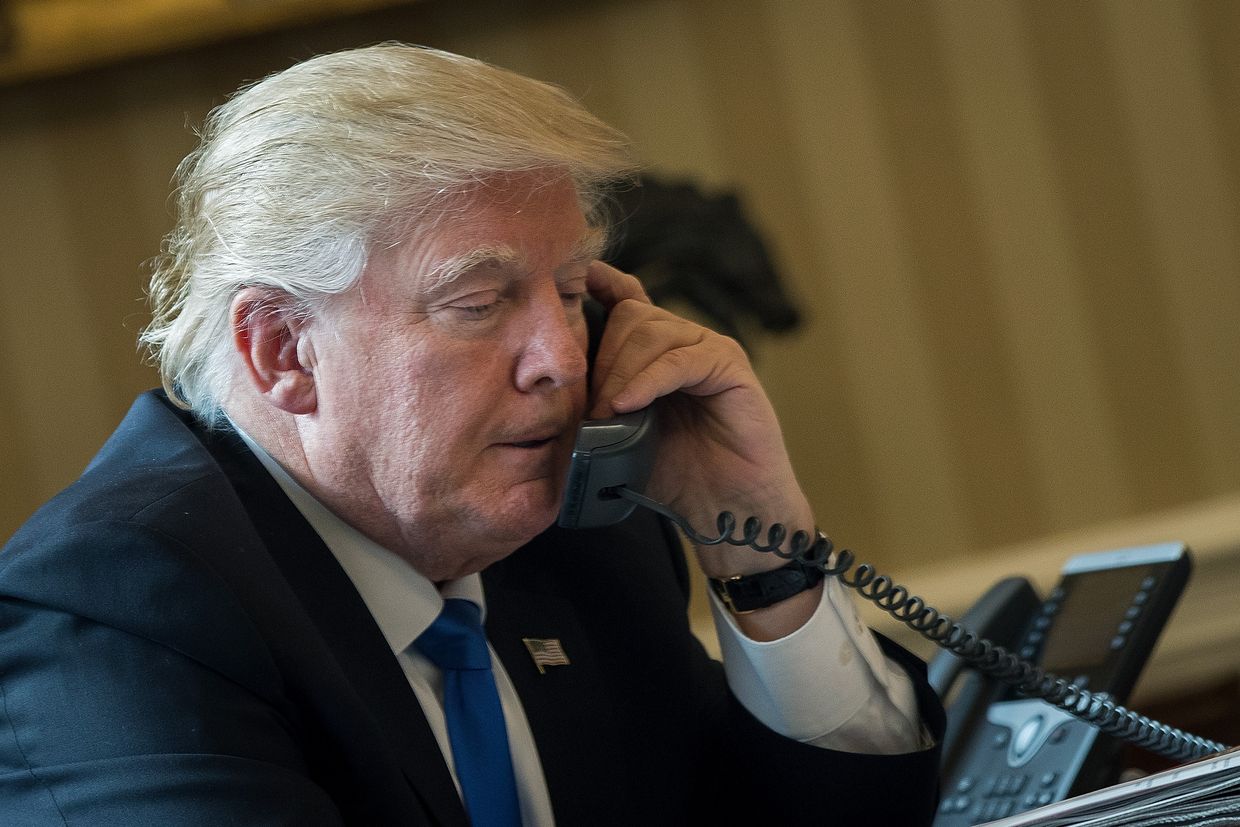EU to push G7 to lower Russian oil price cap, commissioner says

The European Union will propose this week that Group of Seven (G7) finance ministers reduce the current $60-per-barrel cap on Russian seaborne oil exports, European Economic Commissioner Valdis Dombrovskis said on May 19, according to Reuters.
Brussels and its allies seek to further reduce the Kremlin's revenue from fossil fuel exports, a key funding source for its war against Ukraine. Dombrovskis confirmed the EU will formally raise the issue during this week's G7 finance ministers' meeting in Canada.
"This is something which we flagged from the Commission's side in the context of the 18th sanctions package," Dombrovskis said. "I would expect some interest also from other G7 partners in this regard and some discussion."
The G7 oil price cap, established in December 2022, prevents Western companies from shipping, insuring, or providing related services for Russian crude sold above $60 per barrel. EU officials told Reuters that a $50 per barrel proposal would be made at the upcoming meeting.
Western leaders are concerned that the existing cap has lost effectiveness as Russia reroutes exports through a "shadow fleet" of tankers operating outside regular maritime oversight.
The fleet enables Moscow to bypass the cap and sell oil above the threshold, including to countries in Asia. Germany's Foreign Minister Johann Wadephul on May 17 said the EU would back expanded sanctions targeting this shadow fleet.
The Kremlin's budget is increasingly strained by soaring military expenditures, with Russia's Finance Ministry relying heavily on energy revenues to maintain operations and fund continued aggression against Ukraine.











